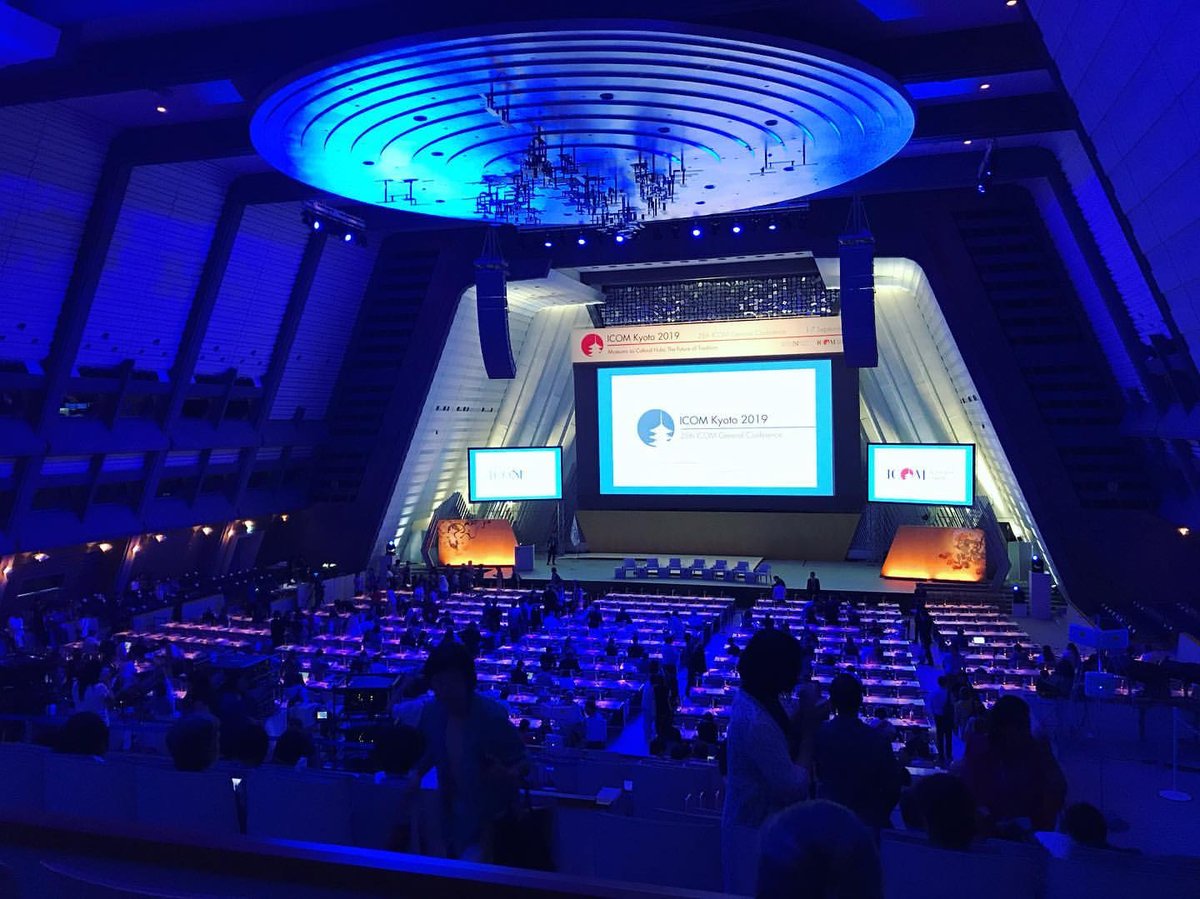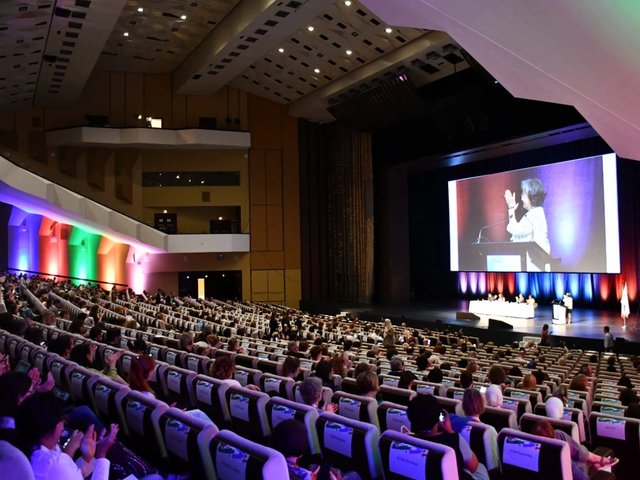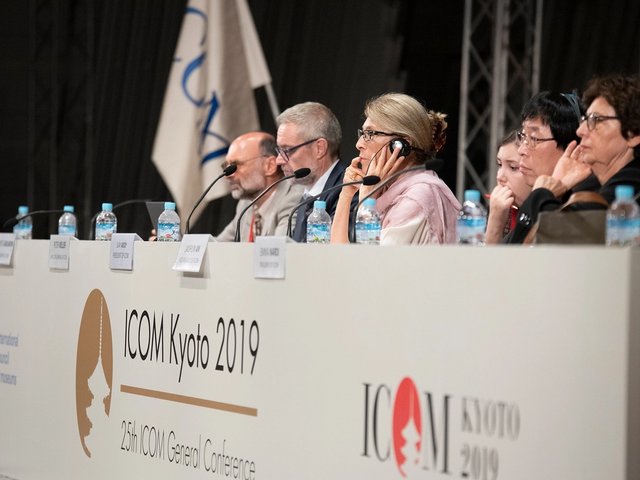After a long and divisive debate, the 25th General Assembly of the International Council of Museums (Icom) decided to postpone a vote on a new definition for museums. The decision was approved on 7 September in Kyoto by 70,4% of participants, serving a severe blow to the NGO’s leadership.
Aside from minor changes, Icom's definition of a museum for around 50 years has been: a “non-profit institution” that “acquires, conserves, researches, communicates and exhibits the tangible and intangible heritage of humanity and its environment for the purposes of education, study and enjoyment.” A lengthy new statement was supposed to be adopted in Japan last week changing the definition to “democratising, inclusive and polyphonic spaces for critical dialogue about the past and the future”.
France led the revolt against this “ideological text”, which it says was launched “without consultation of the national committees” and, along with 28 other national branches or international committees of Icom, requested that the vote be postponed. After four hours of bitter and somewhat confused deliberation, France won the support of 88 out of the 125 national and regional delegations.
The proposed new definition was strongly supported by the US, Australia and Denmark. However, Europe, Italy, Spain, Germany, Canada, Iran, Israel (which said, “this might well be the first time Israel agrees with Iran“ to applause), Brazil, Peru and Argentina saw in it a fuzzy collection of political correctness and trendy posturing that would have little legal value. The debate at the general assembly therefore focused on the lack of consultation and respect for procedures as well as the widely criticised wording, rather than the ethical values behind the new definition.
Icom's president, Suay Aksoy, eventually agreed that a “new definition” must now be sought, although no date has been fixed for a new vote. “This is not the end, this is the beginning of the process,” she said.
In her opening speech on 1 September, Aksoy carefully skipped any mention of the dispute, but instead called on museums to “take the lead in these times of profound societal changes” and debates during the week focused on such topics as “sustainability”, “fostering human rights” and “empowering communities through arts and education”.




